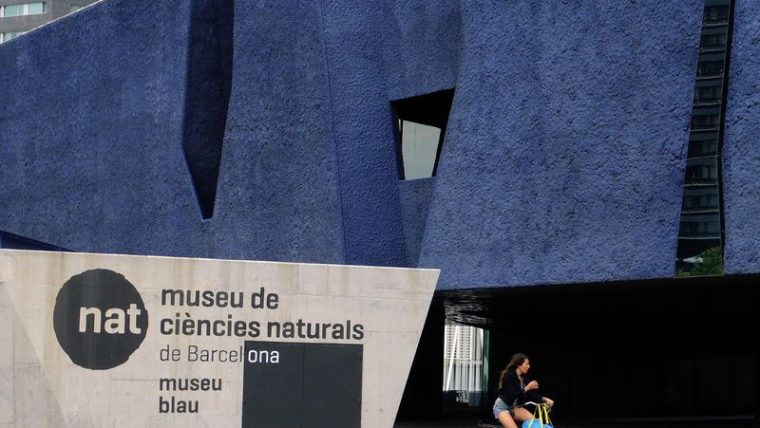New plan to improve accessibility at museums
Work is to be carried out at 31 museum sites in the city to improve their physical, communicative and cognitive accessibility. The goal is to ensure maximum inclusion in the range of culture offered by museums and the participation of all sectors of society. The plan has a budget of 525,000 euros.
All the museum facilities have already adopted measures to improve access for all. The goal of the plan is to adapt them to the new regulations and to the new accessibility code for Catalonia.
Physical accessibility
Access will be improved at counters for attending to the public that pose difficulties because of their height.
Communicative accessibility
To improve auditive and visual accessibility, hearing loops will be installed in museum rooms and luminous signage fitted to indicate emergency exits. A system will also be established for people to request help with going to the bathroom. Maps, scale models and touch-sensitive elements will also be increased, as will information in braille. Catalan sign-language will also be added to content in museum collections.
Cognitive accessibility
More easy reading materials will be made available, and on paper.
Which museums will get improvements to accessibility?
- Arxiu Fotogràfic de Barcelona
- Arxiu Històric de la Ciutat de Barcelona
- Castell de Montjuïc
- El Born Centre de Cultura i Memòria
- Fabra i Coats: Centre d’Art Contemporani
- La Capella
- La Virreina Centre de la Imatge
- Monestir de Santa Maria de Pedralbes
- Museu de Ciències Naturals de Barcelona
- Jardí Botànic
- Museu del Disseny de Barcelona
- Museu Etnològic i de Cultures del Món (both sites)
- Museu Frederic Marès
- Museu de la Música
- Museu Picasso
- Museu d’Història de Barcelona (all 15 sites)
Each facility will also have a specific accessibility plan and train its staff in assisting people with disabilities.
Check the Sectoral accessibility plan for museum spaces belonging to Barcelona City Council (2024-2030). The plan was developed by the Municipal Institute for People with Disabilities and the Barcelona Institute of Culture and is part of the Barcelona Universal Accessibility Plan (2016-2026) and the Barcelona Cultural Rights Plan.






